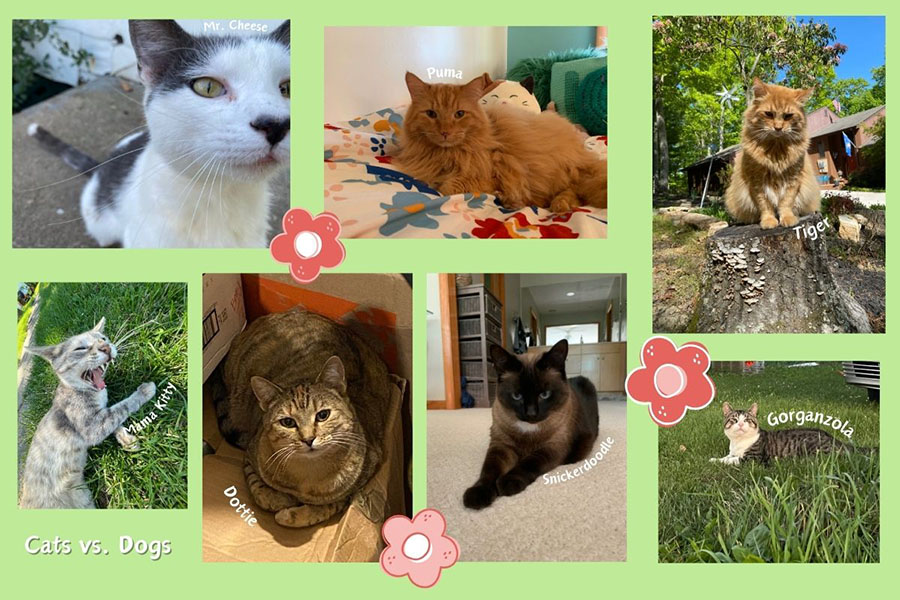 Chris Kemp
Chris KempThis Mothers’ Day, I’m going to call up my mom and thank her – and not just because Hallmark tells me to.
For a well-behaved brainiac, I could not have been easy to raise. I asked too many questions (still do, I hear) and stubbornly refused to truly accept authority unless I determined it had earned my respect. Come to think of it, I never outgrew that habit either.
One of the reasons I’ve loved my nearly four years at UW-Eau Claire has been the way college teaches you to question assumptions and to understand and respect different points of view.
While a less patient parent might have said, “that’s just the way it is,” my mother never discouraged my questions. On the contrary, she is the one who taught me to approach the world the way I do. The most important things college has taught me are things I learned from her first.
My mother taught me that everything has an opposite.
I remember walking down our gravel driveway when I was 4 or so. I asked her if there were some things that just don’t have an opposite, like the rocks we were walking on. She said the opposite of a rock is anything that is not a rock, which didn’t make a lot of sense to my 4-year-old self.
She never studied structuralism, where I later encountered the same concept in formal education. But that day she explained to me a crucial element of the language humans use to talk about and think about our world.
We think in pairs of opposites. One side is privileged and the other is not. Male and female. Western and Eastern. Light and dark skin. Anything that challenges the boundaries of the privileged category is shunned as “the other.”
In teaching me how humans understand the world, my mother also taught me that understanding is not the same as reality.
My mother taught me that “because” isn’t a reason.
She never said it to me and she never accepted it from me. At first I was irritated at having to justify myself when my peers didn’t. But I grew to respect her policy.
I knew she would always take responsibility for the decisions she made.
I learned to do the same and to expect the same from others. I grew into a relentless questioner of authority, unafraid to ask adults to explain why. For me, it was a matter of mutual respect. To her credit, my mother never discouraged me from questioning.
Most importantly, my mother raised me in such a way that I never imagined my gender made me a second-class person.
I wasn’t very good at sports, but I didn’t play with dolls either. The one Barbie I received from a classmate at a birthday party wound up in the back of my closet, still in its telltale rectangular box.
Mostly I built things and read things and hatched grand plots. My mother let me do exactly what I wanted.
She asked me once if I would rather be a girl or a boy. I told her aside from the physical differences, I didn’t think it really mattered.
I have since learned that in our society, it does indeed matter.
It was a bit of a nasty shock when I got out into the world and realized what “woman” meant in our society. I wasn’t one of those. I didn’t want to be. I was just a person.
I am grateful to my mother for raising me this way. It can be difficult sometimes to reconcile to the world’s expectations, but I wouldn’t change what I am.
Were it not for my mother, I could not be a woman on my own terms.
Now, at least officially, I am some sort of adult. I still challenge authority to explain itself, and I study what philosophers have written about rock and not-rock. And to the best of my ability I reject the daily, wordless cultural forces that say I am lesser because I am a woman.
Thank goodness, my mother raised me better than that.
Koehler is a senior print journalism and English literature major and a news editor of The Spectator.






